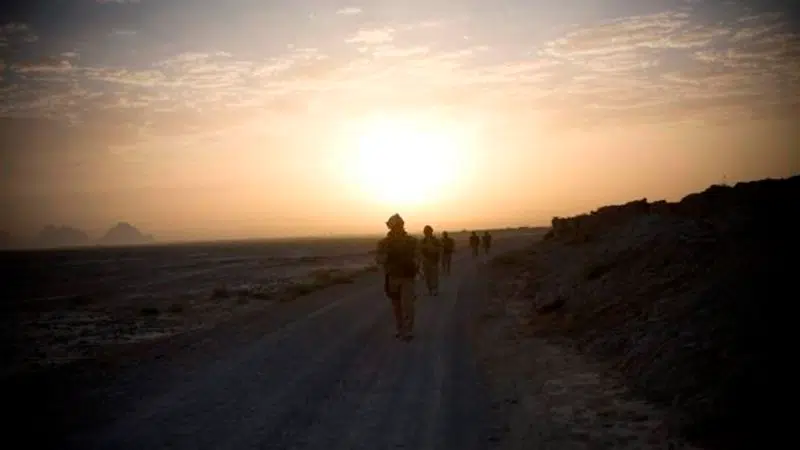
More than 6,700 veterans from Afghan war receiving federal assistance for PTSD
OTTAWA — Canada’s war in Afghanistan ended five years ago but the price of that effort continues to grow.
Newly revealed figures show the number of veterans from the war in Afghanistan receiving federal support for mental-health conditions nearly doubled between March 2014 and March 2018.
The figures are in a report obtained from Veterans Affairs Canada through access-to-information legislation and underscore the enduring toll the war has taken on the mental health of many military members who served there. They also highlight the importance of adequate mental-health services for veterans, which successive federal governments have sought to address over the years with mixed results.


